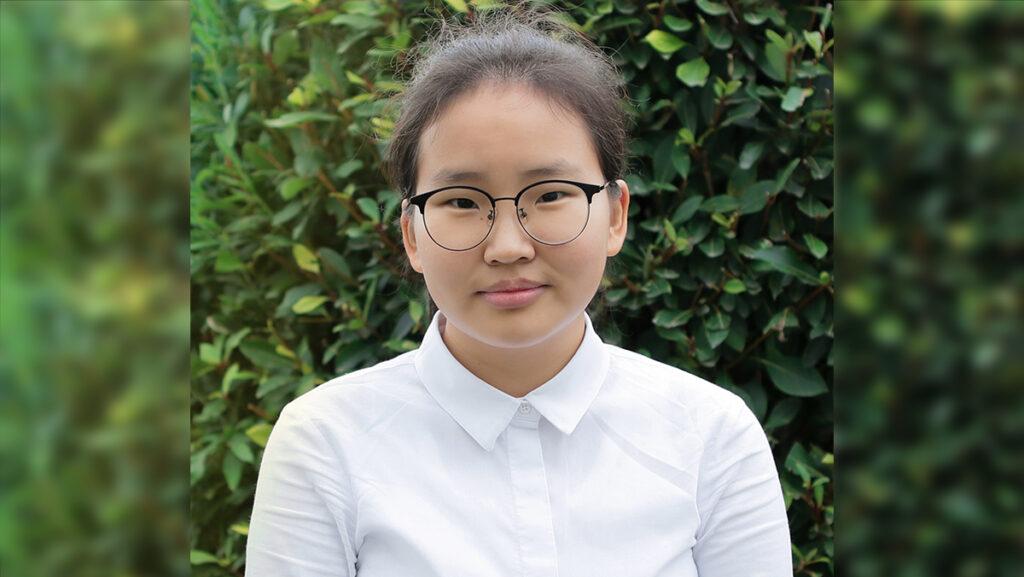When I was in kindergarten, I yearned to attend school. I hated it when I had to take a nap in the afternoon every single day. When I went to K-12 school, I wanted to be an adult as soon as possible and live by myself far away from my home. When I came to study at college abroad, I wanted to have my own studio apartment with modern furniture and a cozy sofa where I could snuggle with my adopted poodle dog. I can write this process continuously and end it at the point of death.
Looking back at my relationship with the notion of a meaningful and successful life, it seemed like I always wanted to be nouns and adjectives: independent, financially stable, a free soul, a successful student. However, in my quest to become a successful noun, I neglected the present, always looking forward to what I would achieve next. And now, of course, I regret it so much.
This mindset of mine mirrors the infamous Stanford marshmallow experiment. In the 1970s, the experiment tried to predict if a child would be successful later in life by measuring how well children could delay immediate gratification — one marshmallow — to receive greater rewards in the future — more marshmallows. As all experimentations have limitations, this one has its downsides, too.
Growing up, I was not a big fan of patience and waiting, but I was good at the game of delayed gratification. I would wait for my second marshmallow but worry if it would really come. So, I forgot the one marshmallow I had and centered all of my life around the next marshmallow. I did not know I should have enjoyed having one instead of wishing for another. I thought the next one would be much tastier and bigger than what I had. I wanted to become a noun — a person who has this or has achieved that.
However, the thing is, life should not be about surviving a phase in order to get to the next one. It is more about making the best out of a certain chapter, learning all the lessons it offers and exceeding to enter the next one. This way, we can be more grateful for the things surrounding us. We can be more focused and mindful of the verbs we want to master. R. Buckminster Fuller perfectly described this in a few words: “I don’t know what I am. I know that I am not a category. I am not a thing — a noun. I seem to be a verb, an evolutionary process.”
All of us would receive different yet unique gifts at different times; however, we should not be focusing on receiving the gifts. Do not wait for them to come. Instead of worrying and working just to achieve them, practice the verb just for the sake of doing it. If you are now studying to get a good grade to attend a grad school or to have a certain job title, the noun feels heavier, harder and harsher. Instead, if you study just for the sake of studying — to feel alive, hungry for more knowledge and curious to find answers to more questions, the verb makes you feel lighter and more meaningful. So, my question is: Do you prefer to be a fixed noun or a verb that grows?
FIGURE OF SOUL is a column written by first-year psychology major Ninjin Tumurbat (she/her) that analyzes metaphors. Contact her at [email protected].









